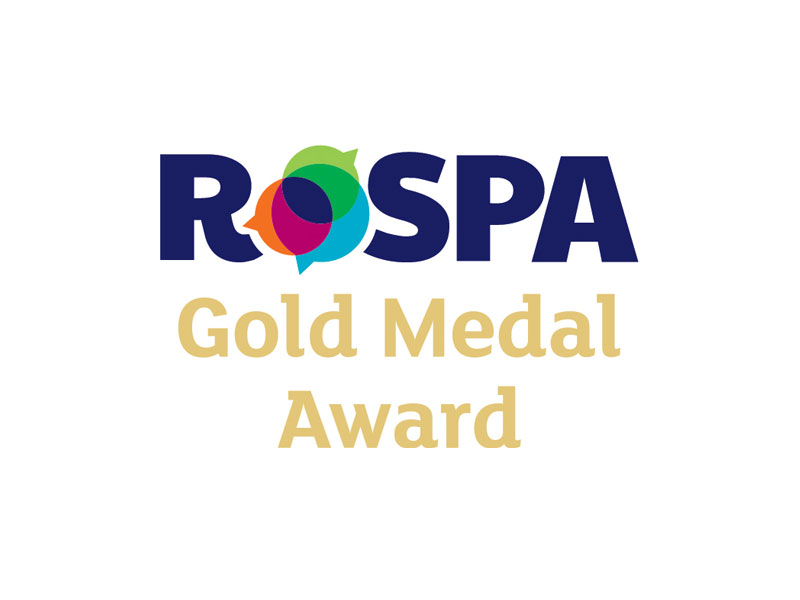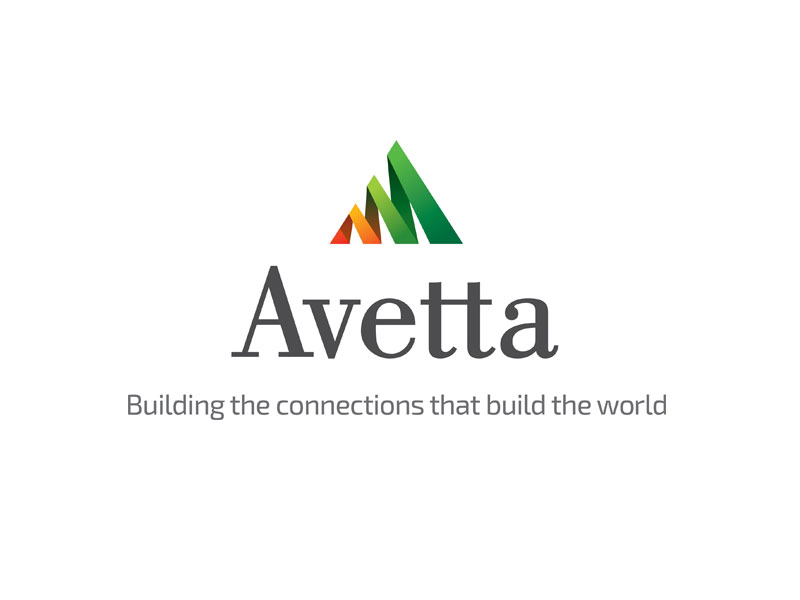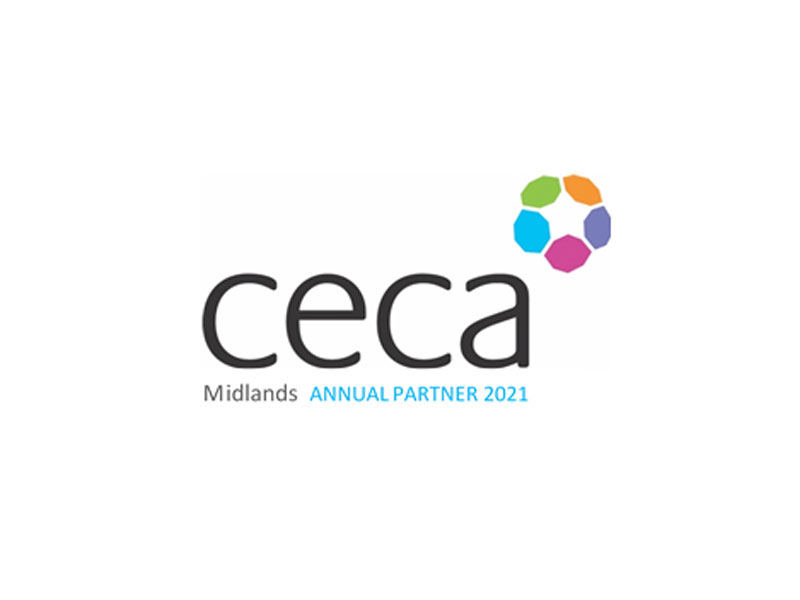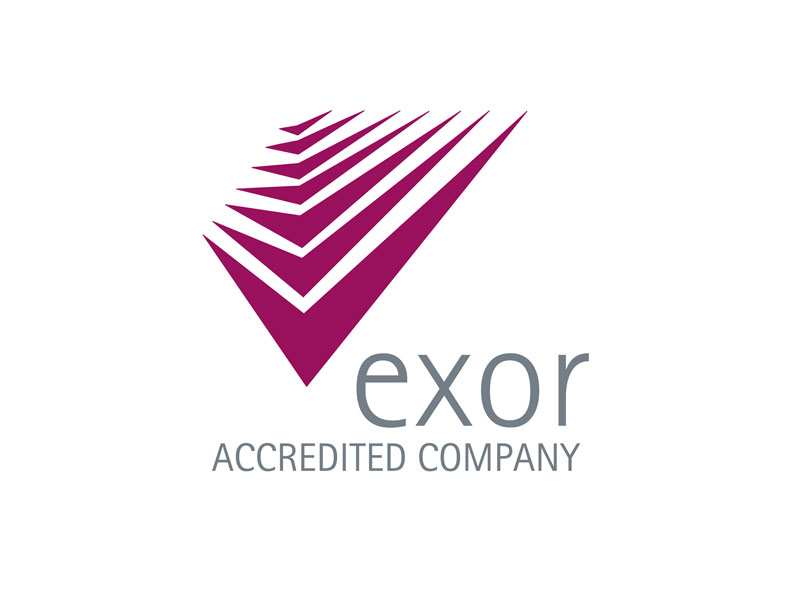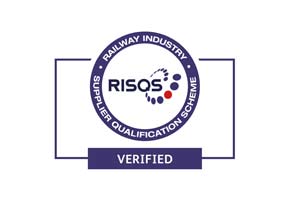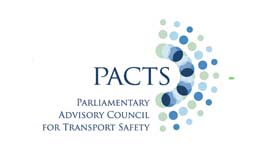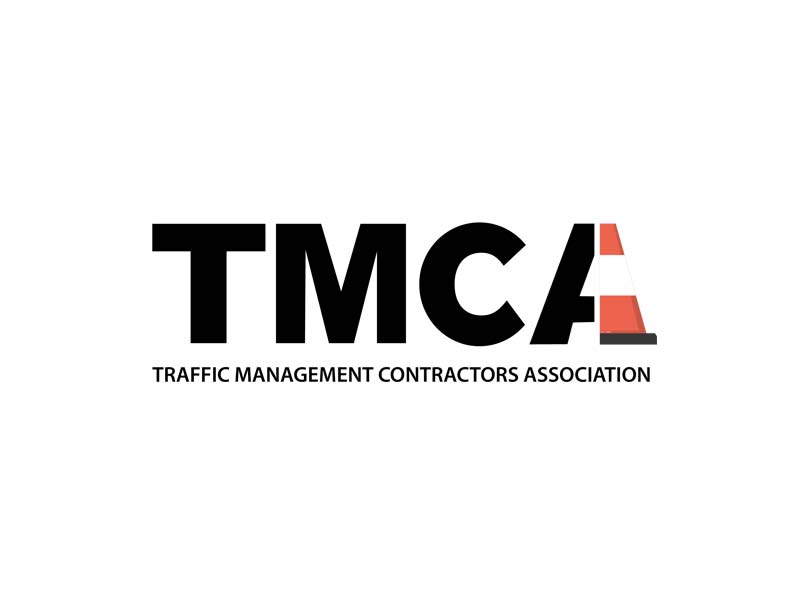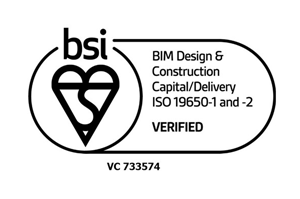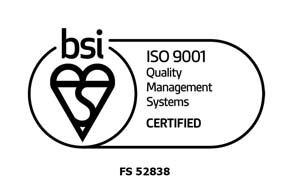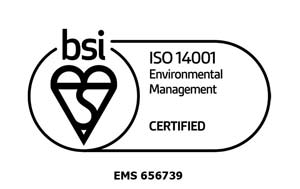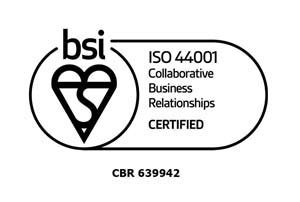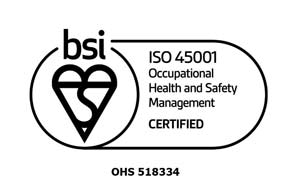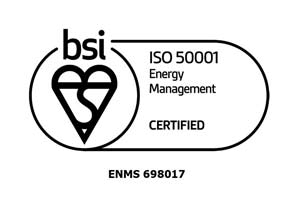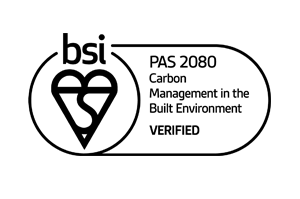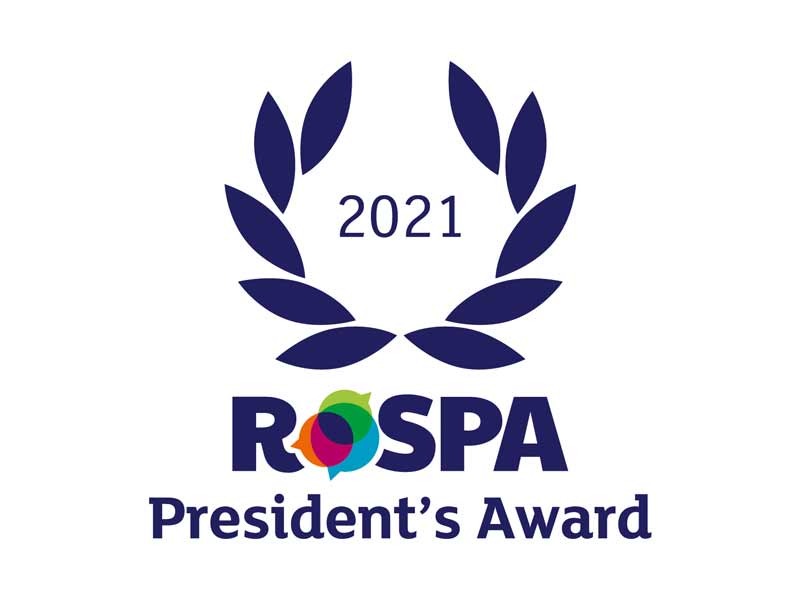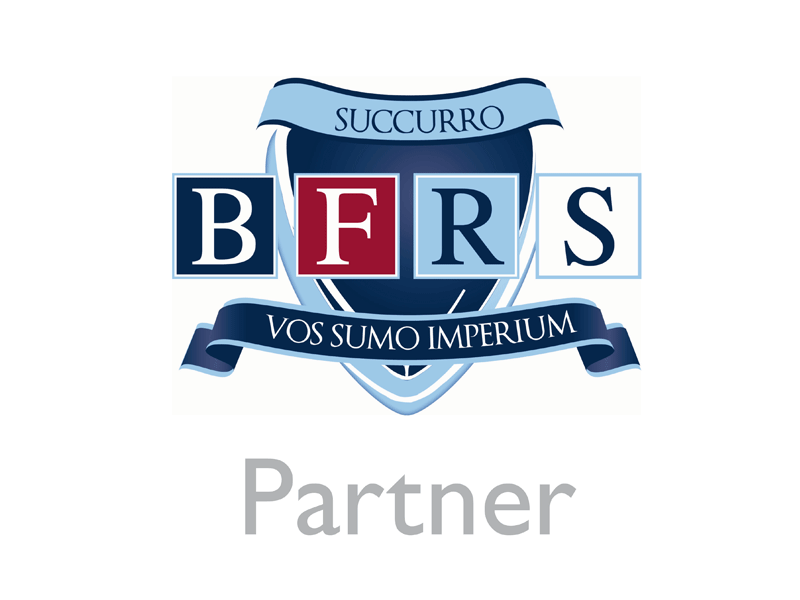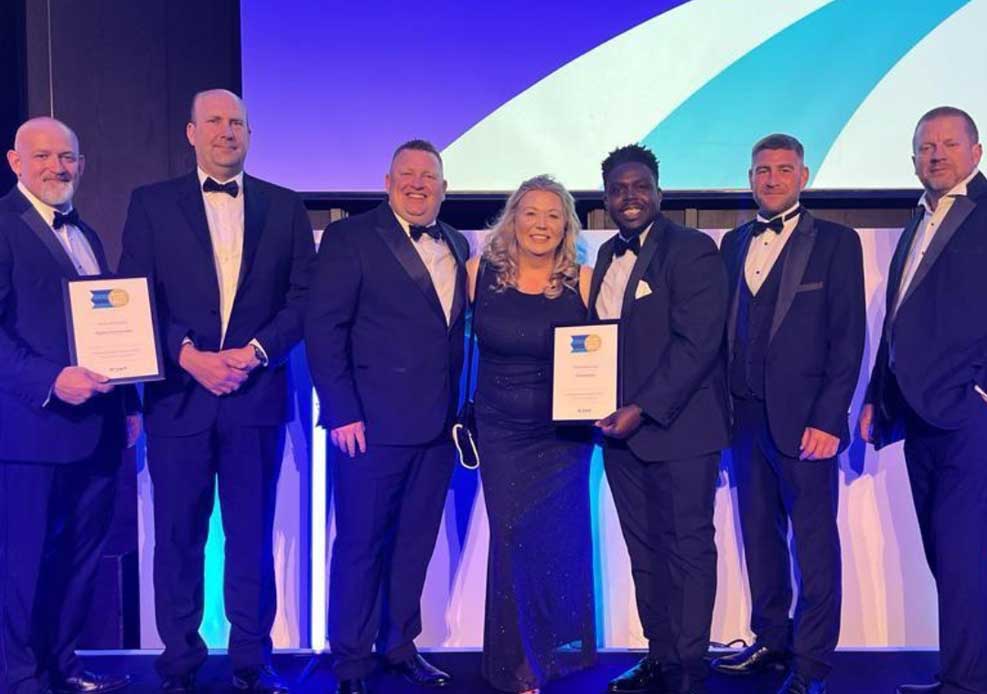
The introduction of the new Enhanced Mobile Carriageway Closure technique has been described by the industry as a game changer.
Traffic management operators and contractors are reporting a range of improvements this technique has made to their carriageway operations, not least guaranteed start times and longer working windows. On one scheme, resurfacing works on the M6, the first cone went on 100 minutes earlier than anticipated with an estimated saving of up to 50 hours over 38 shifts.
This scheme also reported full road user compliance with no incursions or taper strikes recorded.
The EMCC technique really is a game-changer,” explains Dennis Gregg, Regional Managing Director, Chevron TM. “While we were confident that it would make a difference, the proof would always be in the pudding in terms of industry acceptance and adoption. The feedback has been exceptionally positive, both from an operational and safety perspective and requests to roll out EMCC on schemes across the country continue to grow.”
The industry has recognised the impact of the EMCC technique with the awarding of four prestigious accolades including a commendation for the CIHT Collaboration Award and a high commendation for the CIHT Road Safety Award. National Highways also awarded the Transforming our Industry through Innovation Award and the Chairman’s Award.
“We are delighted to be recognised at such high levels for the development of the EMCC,” adds Dennis, “particularly as these awards recognised our collaborative partners HRS and Costain who help deliver the new technique. However, the real satisfaction is creating a new way of working that improves safety and delivers significant operational efficiencies for our industry and our customers. This is what EMCC delivers and why it’s making a real difference to traffic management services.”
EMCC is a technique accepted by National Highways and is now available to traffic management providers for creating traffic-free environments for short periods of time on carriageways to support more agile delivery methods.
For more information on the EMCC technique, click here

